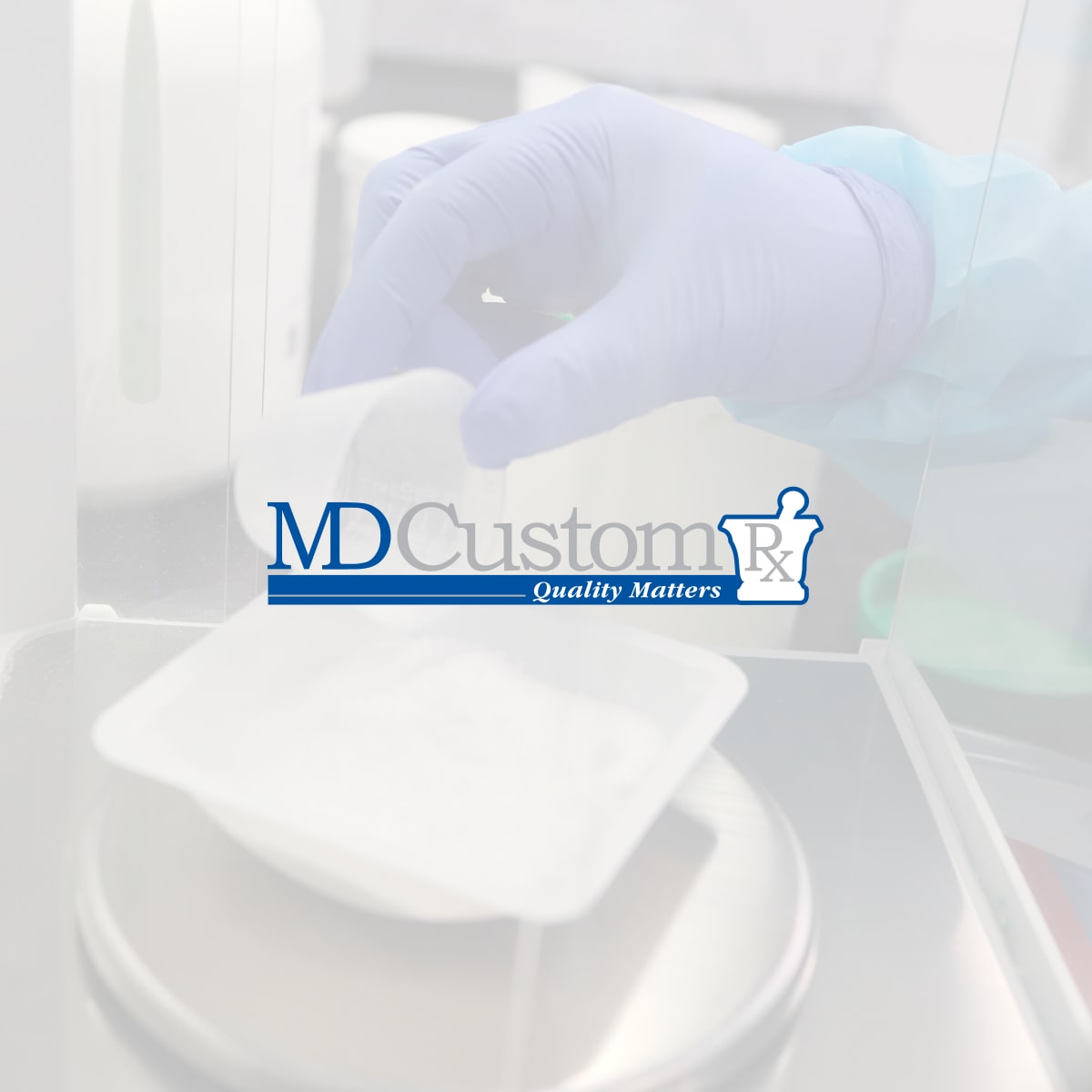
By: Monica Zatarski, PharmD RPh
The use of antacids, such as Prilosec, Nexium and Tums is widespread. Half of American adults have used antacids, and they are the third most common over-the-counter medication. Most people take these drugs to relieve the symptoms of heartburn, reflux, GERD and indigestion.
Last June, a very large study showed that intestinal infection with Clostridium difficile and Campylobacter bacteria increased in patients using commonly prescribed acid-suppression medication.
This is not the first study to show an increase in the risk of infection with antacid medication. Dutch researchers have showed in a study of more than 300,000 patients that antacids increased susceptibility to pneumonia. Likely due to antacids reducing germ-killing stomach acid.
An increased risk of infection is not the only known risk of antacid medication. In 2007, a study showed a 250% increased risk of dementia in African American patients over the age of 65 years old. In 2006, a study revealed a 44% increased risk for hip fracture after only 1 year in patients taking Prilosec and Prevacid.
While antacids may reduce symptoms, they are not treating the cause. Not to mention, these drugs are intended for short-term use. The initial theory behind heartburn and reflux was that the stomach was producing too much acid. Unfortunately, this is not typically the cause. More often than not, the issue is an under-production of stomach acid, which can contribute to a whole host of problems including heartburn, reflux and indigestion.
Common symptom of low stomach acid are:
- Bloating or distortion after eating
- Diarrhea or constipation
- Indigestion
- Excessive burping and/or bloating
- Flatulence/gas
- Sense of fullness during and after meals
- Poor appetite
- Offensive breath
- Bad taste in mouth
- Partial loss of taste or smell
- Difficult bowel movements
- Difficulty swallowing
- Unintentional weight loss
- Picky eater
- Spoon shaped nails
- Sores in corner of mouth
- Smooth tongue
If any of these symptoms resonate with you or you are currently taking an antacid medication and have concern about the associated risks, reach out to us today. We can help you in supporting your GI health and regaining your optimal health and well-being.
